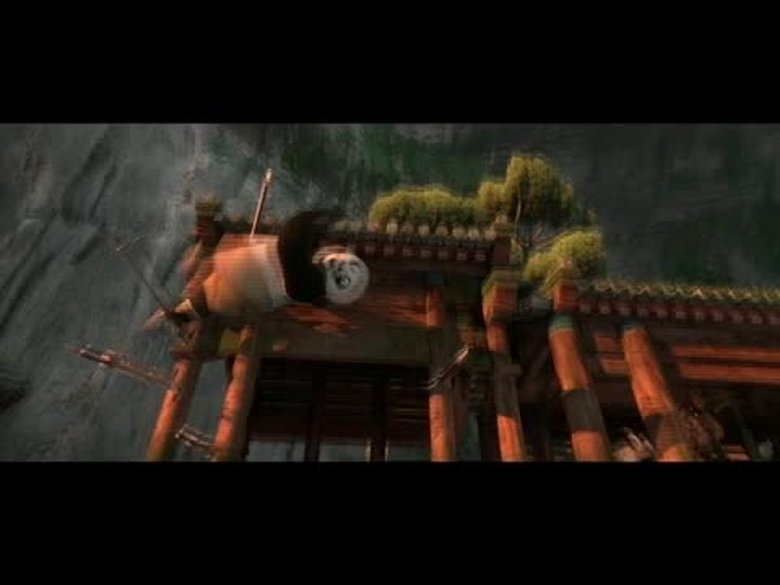【新唐人2011年6月18日訊】在內蒙古發生大規模抗議事件之後,中共總理溫家寶本週三主持召開國務院會議,討論如何解決引發內蒙古民眾不滿的問題。國務院承諾遏制生態惡化,將內蒙古居民的收入提高到全國平均水準。不過專家披露,當局的資源掠奪,已經令這片富饒的土地,成為貧困的第三世界,當地蒙古人和漢人得不到利益。
在週三的國務院會議上,溫家寶提出促進內蒙經濟發展的8項舉措,其中一些舉措,主要是加大治理內蒙沙地沙漠和水土流失方面的力度。
內蒙古是一個天然的礦藏寶庫。專家估計,那裏的煤炭儲存量高達7400億噸,比中國任何一個省份多。此外,內蒙還蘊藏著豐富的天然氣資源,以及發展電子工業的稀土。
現居德國的「內蒙古人權保衛同盟」主席席海明,對於中南海的政策能否落實表示懷疑。他表示,熱衷於GDP增長的中共政府和見錢眼開的貪官姦商,不可能放過這顆璀璨的明珠。
席海明:「他現在在現代化過程中,對資源的瘋狂的…或者飢餓性的需求。內蒙因為資源很多,所以他還是要開發。共產黨是整體腐敗。貪官和姦商的勾結,是中央政府有時候也很難完全掌握和控制。」
在會議上,國務院承諾在2015年以前遏制內蒙生態惡化,並在2020年前將內蒙古居民的收入提高到全國平均水準。席海明表示,內蒙人民的生活水準處於中國的第三世界。內蒙這幾年的發展主要是依靠資源的開發,但是利益都讓北京拿走了。當地蒙古人和漢人得不到利益。
席海明:「像准格爾是一個大煤礦,他在那開採是露天,把地挖開以後,因為埋藏淺,煤質又好,挖完以後運走把草原就毀掉了。第二個,他覺得運輸成本太高太費事,索性在旁邊建火力發電站,把煤燒了以後,就變成電,併入華北電網,這個收入都是,煤炭部,水電部,還有李鵬家族也拿走了,當地人一分錢也得不到。」
除了煤礦資源豐富,內蒙古白雲鄂博還擁有中國百分之九十九的稀土礦藏。可是,富饒的土地給蒙古牧民帶來的卻是貧瘠。
席海明:「從大的方面是國家和軍工統一開採。當地人插不上手。當然還有南方一些漢人,廣東,上海或香港的來一些漢人,他有資本,所以他賄賂當地官員,又搞到一些小地方到處開發,真正當地的牧民,蒙古人或者漢人得不到任何錢。」
為了開採內蒙的礦藏,中國不少企業在那裏投資。當地的生態環境因此受到嚴重破壞。礦山開採和工業生產消耗了當地原本就不多的水源。現在內蒙古超過一半的土地成了沙漠。
據中國媒體的報導,內蒙每年有80萬頃草場沙漠化。祖祖輩輩靠放牧為生的蒙古人成了無業遊民。根據中國有關部門的統計,目前在內蒙地區還有150萬人生活在貧困線以下。
上個月,兩名試圖阻止開採煤礦的蒙古人被殺害,引發上千名蒙古族牧民在首府呼和浩特等地抗議示威,爭取權益,當局部署了大批警力,數十人遭當局逮捕。
新唐人記者:秦雪、王明宇採訪報導。
Chinese Regime appease Inner Mongolia
After the large-scale riot in Inner Mongolia,
Chinese Premier Wen Jiaobao held a State Council meeting on Wednesday to discuss solution to
public unrests. The State Council promises to stop environmental degradation and increase Mongols』 average income to national average level.
However, experts reveal that the regime』s resource plundering has left the once fertile land
in the third-world conditions.
During the State Council Meeting on Wednesday, Wen Jiaobao proposed eight measures for economic development in Inner Mongolia, including efforts to control desertification and soil erosion.
Inner Mongolia is full of mineral resources.
Experts estimate coal storage of 740 billion tons, more than any other provinces in China.
Inner Mongolia is also rich in natural gas and
rare earth metals.
Xi Haiming, president of the “Inner Mongolian League for Defense on Human Rights”,
questions the policies of the Chinese regime.
He said, the GDP oriented regime and corrupted officials will not let go of this bright pearl.
Xi Haiming: “It [Chinese Communist Party (CCP)] is modernizing right now, and hungers for resources. Inner Mongolia is full of sources, so it will continue to exploit. The CCP is structurally corrupt.
With the collusion between corrupt officials and business men, even the central government can』t control them.”
During the meeting, State council promise to stop Inner Mongolia ecological degradation by 2015 and raise income to national average by 2020.
Xi Haiming said that Inner Mongolia living standards are the third-world of China.
While China』s growth relies on resource exploitation, Beijing took all the profits;
Inner Mongolia people got no benefits.
Xi Haiming: “Jungar is rich in shallow-laid coals that are good in quality, it (CCP) mines there in the open; it dug up the coal and destroyed the grassland. Then, it thinks the costs are too high to transport the coal, so it built coal power plants there to power northern China. The ministries of coal, water and electricity, and Li Peng family all took their shares,
the local governments got nothing.”
Aside from the coal, Bayan Obo in Inner Mongolia has 99% of China』s rare earth deposit. However,
the fertile land only brought poverty to the people.
Xi Haiming: “In the big picture, it』s the government and military that is mining, the local can』t interfere. Some Han people from Guangdong, Shanghai or Hong Kong bribed the local officials and opened up small mines, but the local herdsman,
Mongolian and Han alike, didn』t get any money.”
To mine the mineral,
many Chinese businesses invested there.
The local environment was severely damaged. Mining and industrial production
also consumed the limited water supply;
Over half of Inner Mongolia is now a desert.
According to Chinese media reports, 800,000 acres of land in Inner Mongolia becomes desert annually. Many herders lost their jobs.
Official statistics indicate 1.5 million live in poverty.
Last month, two Mongolia men were killed for
trying to stop mining operation, leading to mass human rights riots in Hohhot and other places.
The regime sent riot police and arrest dozens.
NTD reporters Qin Xue and Wang Mingyu
看下一集

【禁聞】罕見!中共批地方壓制媒體

【禁聞】曹天「被失蹤」 競選市長中共查稅

【禁聞】“鳳凰衛視是體制內” 名嘴被失蹤

【禁言博客 】“藥八刀”尚且三思

【禁聞】郝柏村解讀蔣介石日記 揭歷史真容

【禁聞】自焚抗爭頻發 安徽倖存者反遭逮捕

【禁聞】捍衛正體 台灣官方向簡體字說不

【禁聞】網絡版“華人與狗不得入內”

【禁聞】學者:南中國海主權曾被中共黨魁出賣

【禁言博客】這還是一個正常的國家嗎?

【禁聞】「熊貓人」難撼《功夫熊貓2》

【禁聞】中國牛奶含菌量上限是國外的20倍

【禁聞】中國大學生入黨現象:靈魂換錢權

【禁聞】獨立參選人:攔不住的螞蟻

【禁聞】大陸貪官攜8千億外逃 太多或太少

【禁聞論壇】中共軍情防洩密升級








